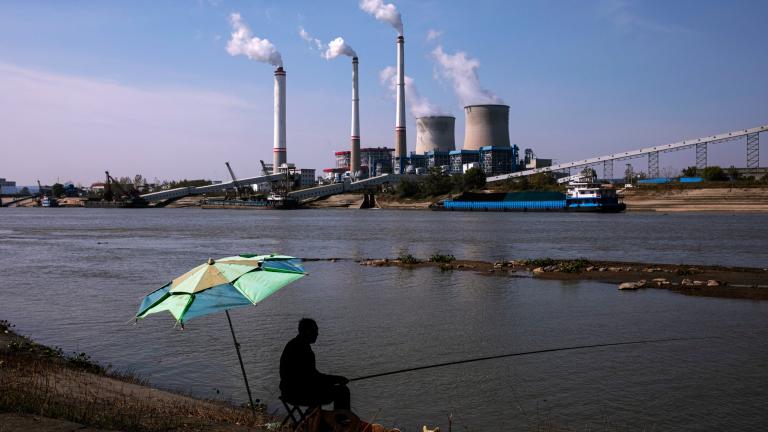
Nations are poised to begin building an international carbon market, after finally adopting the relevant rules at the UN climate conference in Glasgow earlier this month.
Under the COP26 agreement, countries should soon be able to buy and sell UN-certified carbon credits from one another, and use them as a way to achieve greenhouse gas reduction pledges under the Paris climate agreement.
But some observers fear the rules include major loopholes that could make it appear as if nations are making more progress on emissions than they really are. Others warn that the agreement may accelerate the creation of carbon credits within separate voluntary offset markets, which are often criticized for overstating climate benefits as well.
Carbon credits, or offsets, are produced from projects that claim to prevent a ton of carbon dioxide emissions, or to pull the same amount out of the atmosphere. They’re typically awarded for practices such as halting deforestation, planting trees, and adopting certain soil management techniques.
A new supervisory body, which should begin holding meetings next year, will develop final methods to validate, monitor, and certify projects seeking to sell UN-accredited carbon credits. The Glasgow agreement will establish a separate process for countries to earn credit toward their Paris targets by cooperating with other nations on projects that lower climate emissions, such as funding renewable power plants in another country.
Read the full article at: https://www.technologyreview.com/2021/11/24/1040568/how-a-new-global-carbon-market-could-exaggerate-climate-progress/






